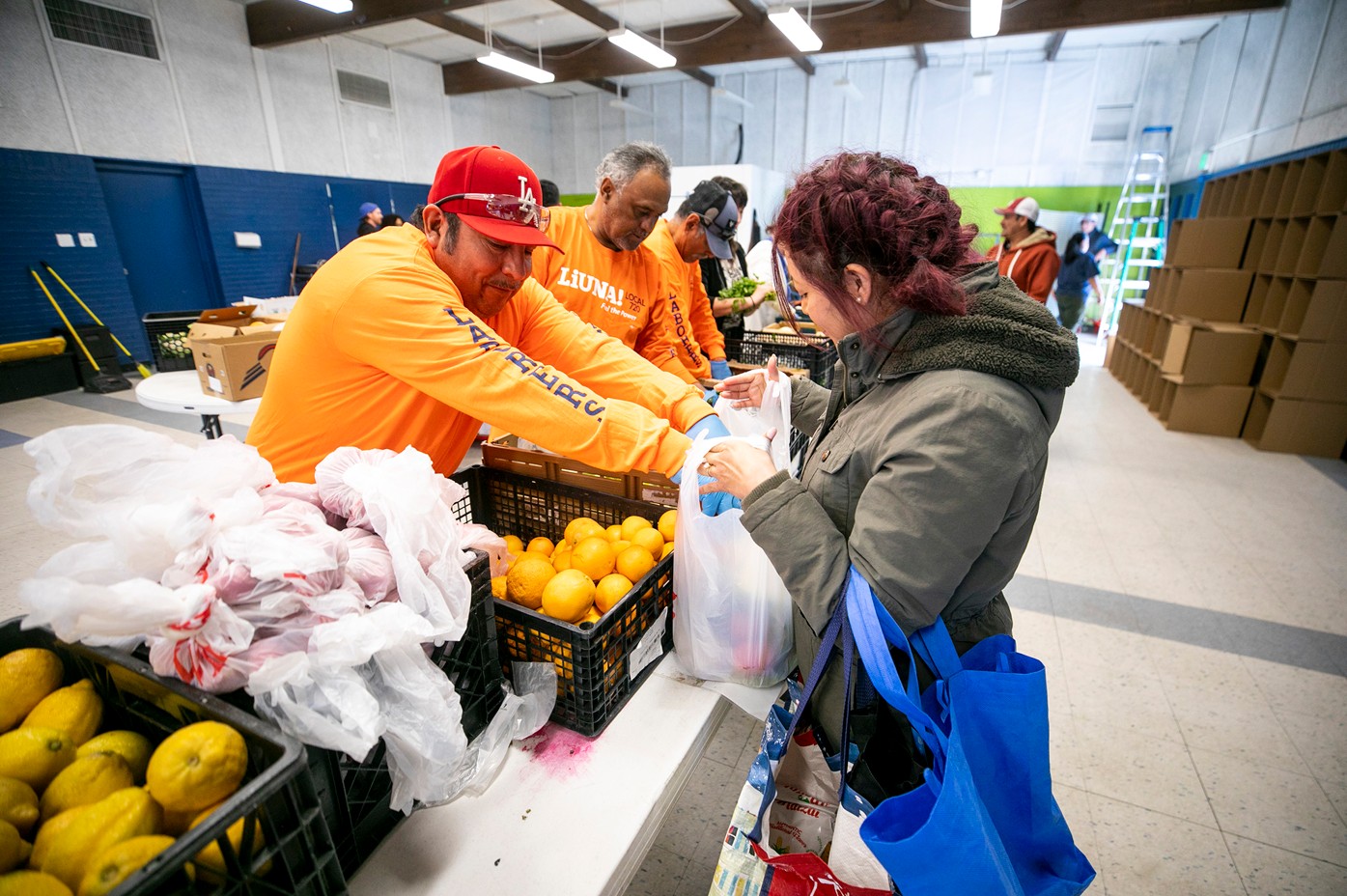Nourishing The City: The Importance Of Food Donation Programs In Denver

Denver is hardly an exception to the growing problem of food insecurity in the United States. As the cost of living rises and access to affordable groceries becomes more difficult for many families, food donation programs have emerged as a vital support system for the community. These programs not only address hunger but also promote sustainability and unity among residents, businesses, and local organizations working together to ensure no one goes to bed hungry.
Contents
The Need For Food Donation In Denver
Denver is known for its thriving culture, scenic beauty, and growing economy, but behind the city’s progress lies a pressing issue of food insecurity. Thousands of residents, including children, seniors, and working families, struggle daily to access nutritious meals. According to local reports, food banks and community kitchens have seen a steady increase in demand, especially in recent years. This situation highlights the importance of having robust food donation programs that can bridge the gap between abundance and need.
Food insecurity in Denver is not limited to those living below the poverty line. Many working individuals face challenges in balancing household expenses with rising food prices. Food donation programs serve as a lifeline for these families, providing them with consistent access to fresh produce, pantry staples, and ready-to-eat meals. The impact of these programs extends beyond hunger relief, offering hope and stability to those who need it most.
How Food Donation Programs Make A Difference?
At the heart of every food donation initiative lies the simple yet powerful act of giving. Food donation programs in Denver collect surplus food from restaurants, grocery stores, farms, and individuals, redirecting it to people in need. This process not only prevents food waste but also maximizes the use of resources that might otherwise go unused.
Many local organizations have built strong networks that ensure efficiency in collection, sorting, and distribution. These programs often partner with shelters, schools, and community centers to reach individuals who may not have access to traditional food banks. The collaborative nature of these efforts reflects Denver’s spirit of community, where generosity and compassion drive real change.
Beyond providing meals, food donation initiatives promote health and nutrition by offering balanced and wholesome options. Having access to nutritious food can significantly impact one’s physical and mental health, particularly for older adults and children. With donations including fruits, vegetables, grains, and proteins, these programs ensure that recipients receive nutritious food rather than just processed items.
Local Businesses And Volunteers Leading The Way
One of the most encouraging aspects of food donation in Denver is the involvement of local businesses and volunteers. Restaurants, grocery chains, and farmers’ markets are increasingly participating in donation drives by contributing unsold yet perfectly edible food. This not only benefits those in need but also reduces the amount of waste entering landfills, helping to create a more sustainable environment.
Volunteers play an equally vital role in these initiatives. They dedicate time and energy to sorting donations, organizing food drives, delivering supplies, and raising awareness within their communities. Their efforts embody the essence of social responsibility and show how collective action can bring about meaningful change. Schools, church groups, and neighborhood associations often hold seasonal donation events, inspiring more residents to get involved.
Technology And Innovation In Food Distribution
Modern food donation programs in Denver are increasingly using technology to improve efficiency. Online platforms now connect donors with local charities in real time, ensuring food is distributed quickly while it is still fresh. These systems help reduce logistical challenges and enable organizations to better match supply with demand.
Data-driven approaches are also being used to identify neighborhoods with the greatest need, allowing food banks and nonprofits to allocate resources more effectively. This innovative approach ensures that no community is left behind and that every donation reaches those who need it most.
The Broader Impact On The Community
Food donation programs do more than just feed the hungry. They provide favorable results that spread across Denver. When people have access to nutritious food, they are better equipped to work, study, and contribute productively to society. Children perform better in school, seniors maintain their health, and families experience reduced financial stress.
These programs also strengthen community bonds. When people come together for a common cause, they foster a sense of unity and empathy that transcends economic or social barriers. Denver’s food donation efforts remind residents that the fight against hunger is not an individual struggle but a collective responsibility.
How Residents Can Contribute?
Supporting food donation efforts in Denver can be as simple as donating non-perishable items, volunteering time, or spreading awareness. Individuals can partner with local food banks, participate in community drives, or encourage businesses to join donation networks. Even small contributions, when multiplied by the power of the community, can make a lasting difference.
Residents can also focus on reducing food waste at home by sharing excess meals, shopping mindfully, and supporting organizations that promote sustainability. Each action, no matter how small, contributes to building a more nourished and resilient city.
Final Thoughts
Food donation programs in Denver represent compassion in action. They are a testament to what can be achieved when communities unite to tackle hunger and food waste simultaneously. By supporting these initiatives, residents help create a city where everyone has access to nutritious meals and a chance to thrive. Denver’s food donation network is more than just a safety net; it is a movement of generosity, care, and hope that continues to nourish both body and spirit.





